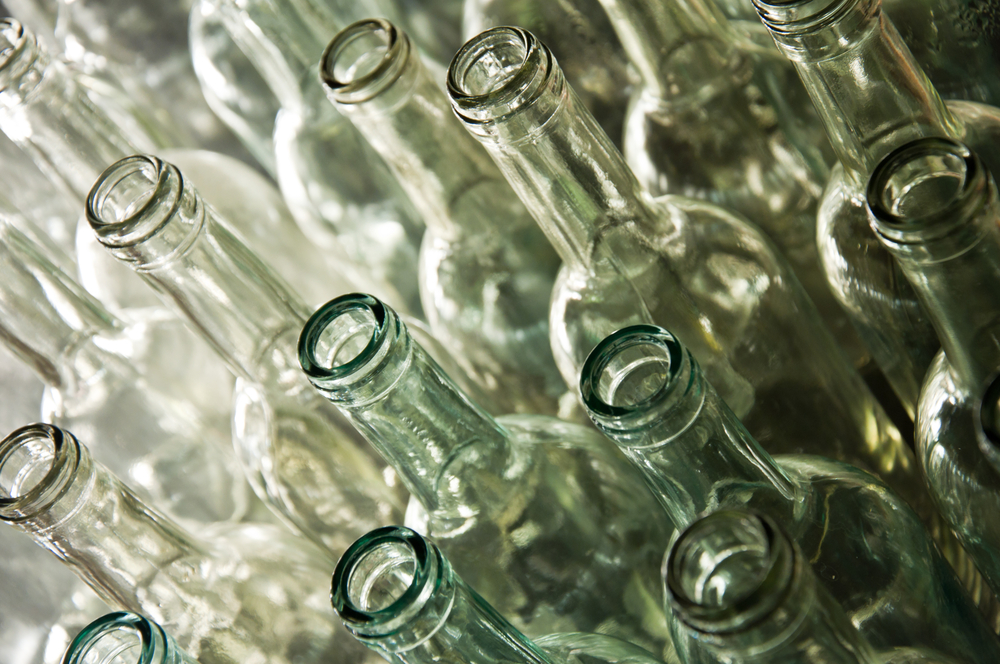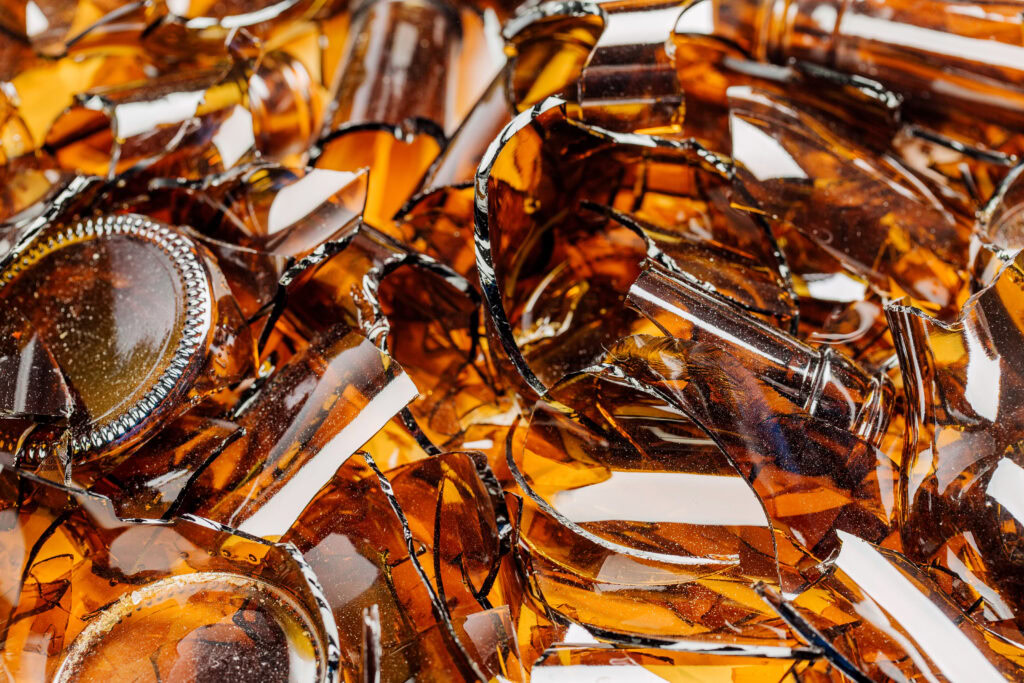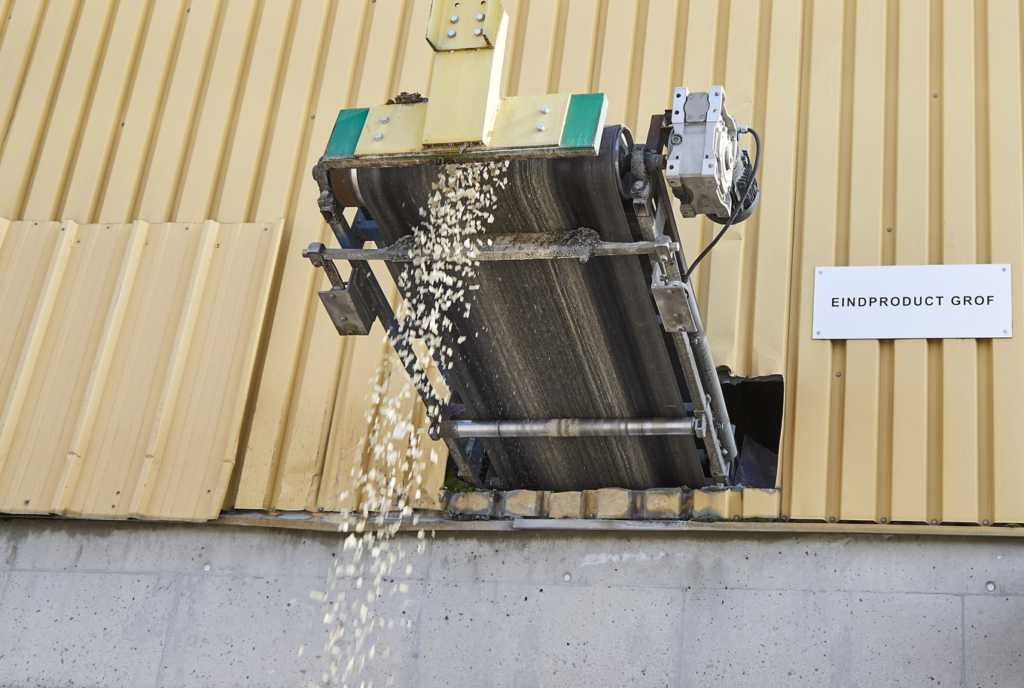The organisation has reported that DRS schemes in Germany, Finland and Croatia which include glass have led to brands and consumers favouring plastic packaging for products.
Dave Dalton, CEO of British Glass, said: “We support a Deposit Return Scheme that significantly increases recycling and the reuse of resources, but under the existing plans, which include glass, this is not the case.

“There is a real danger that the proposed scheme in its current form will become counter-productive, leading to an actual increase in single-use plastic and threaten the viability of current kerbside and bottle-bank glass recycling.”
British Glass highlights comments from the French senate – which is currently considering its own DRS – which suggest that Germany has seen a 60% increase in the consumption of single use plastic since the scheme began. Senators noted that a cause for this was that consumers felt more “virtuous” using a DRS and so were less concerned about the impact of single use plastics.
Shift to larger packs
British Glass, which is based in Sheffield, also suggested that DRS systems which include glass incentivise customers to buy larger pack sizes. With the deposit set at a fixed rate regardless of the pack size, buying larger packs can reduce the cost of purchase overall.
The association says this shift in buying habits will increase the use of plastic packaging as “larger container sizes typically favour plastic bottles”. The assertion is based on a study of the Croatian DRS system.
“There is a real danger that the proposed scheme in its current form will become counter-productive, leading to an actual increase in single-use plastic and threaten the viability of current kerbside and bottle-bank glass recycling.”
British Glass added that “any move to larger pack sizes for alcohol, such as seen in Croatia, could threaten Scotland’s recent hard-won battle to achieve the lowest alcohol consumption in the country in 25 years”.
Extended Producer Responsibility
Rather than a DRS, British Glass are promoting glass recycling through a UK-wide ‘polluter pays’ Extended Producer Responsibility (EPR) scheme.
Mr Dalton explained: “A deposit return scheme is an economically inefficient, high risk, complex and difficult way to collect glass.
“The Scottish government’s own figures show that, as it stands, the DRS with glass will also be nearly four times more expensive than a ‘polluter pays’ type scheme, while delivering just a third of the benefit”.
Consumer research commissioned by British Glass has reported that a quarter of Scottish consumers do not plan to return their glass bottles to collect a deposit. The group believes this could lead to more glass being landfilled if combined with a decline in kerbside glass collection, due to lower demand.
An EPR system for the whole of the UK is due to be introduced in 2023 – which is likely to be after the start date of a DRS in Scotland.







Subscribe for free